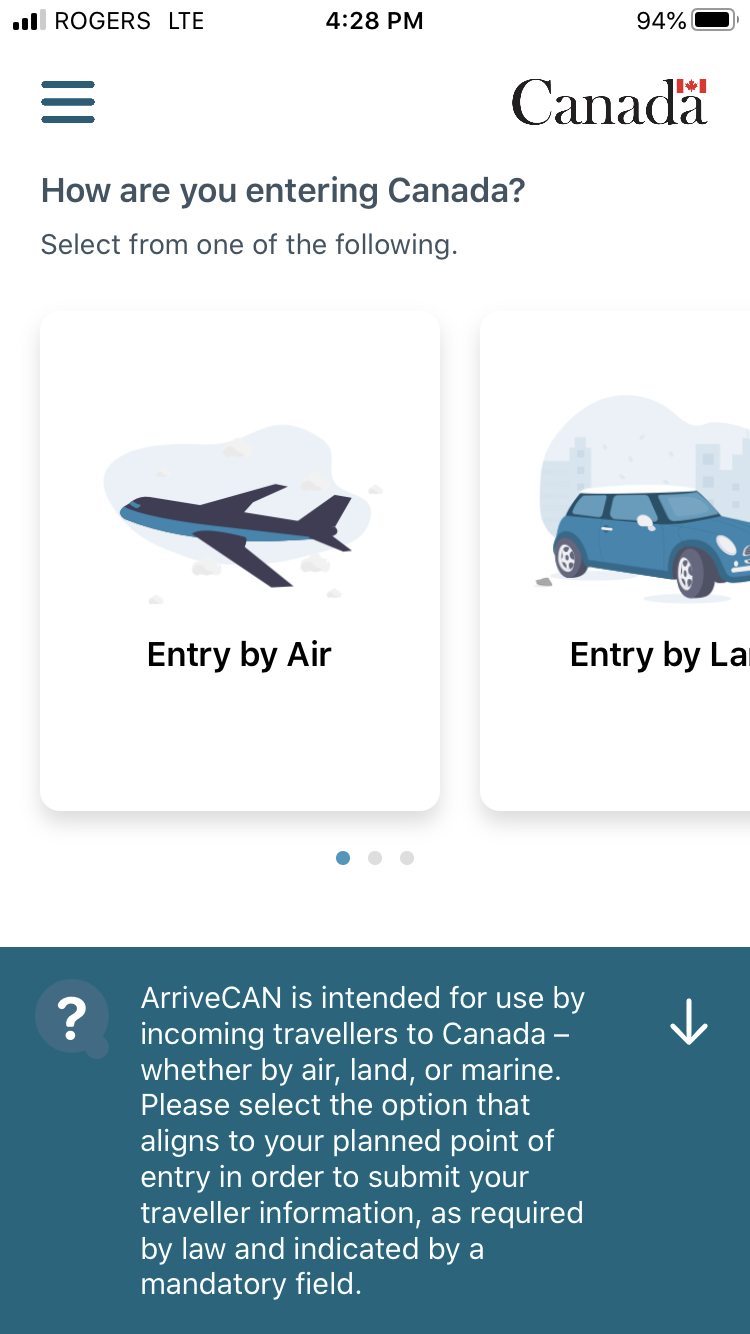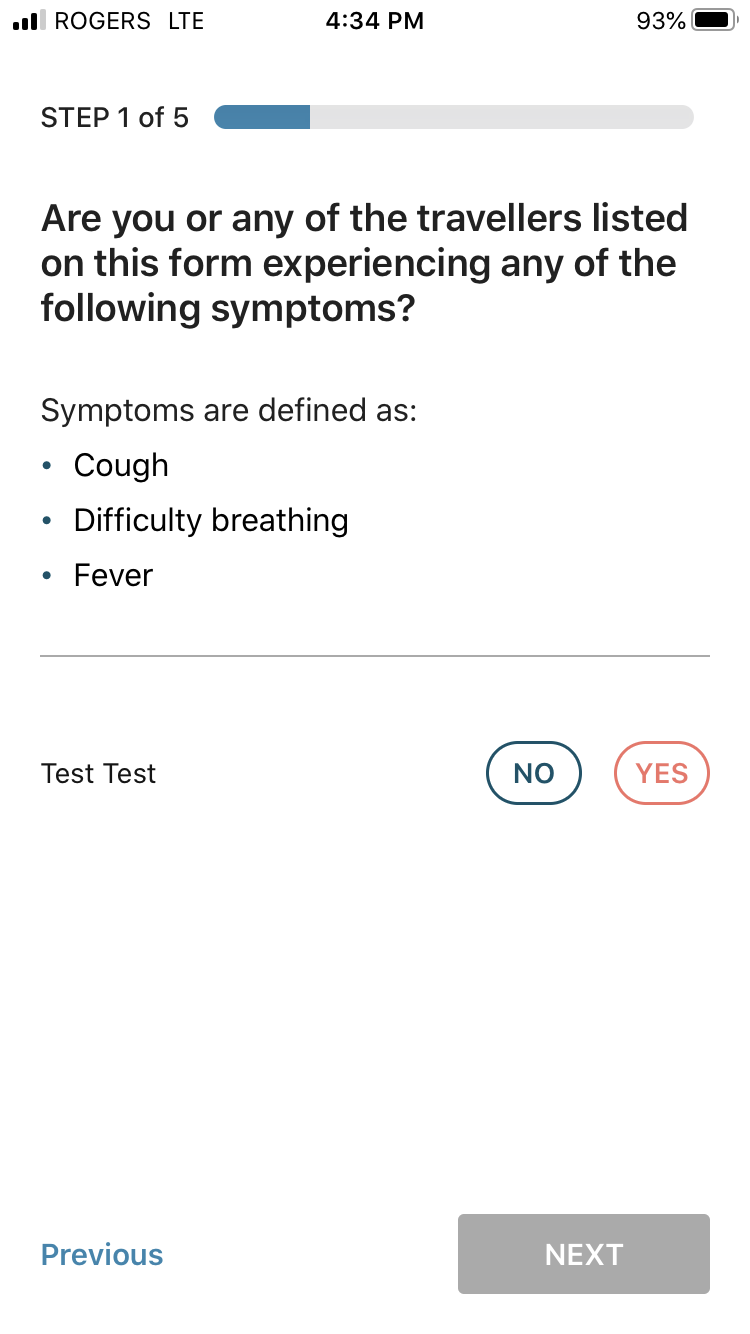
Jul 06, 2020
Nearshoring in the age of COVID-19
It’s disappointing but not surprising that the Trump administration has extended its ban on H-1B, L-1, and other visas. As this article in The Guardian notes, the administration “cast the effort as a way to preserve US jobs amid the economic downturn”. But when the need for foreign workers arises from a shortage of skilled workers and not from a shortage of jobs, the ban will only exacerbate the economic downturn, not ease it. As Nicky Goulimis writes in this opinion piece for Fortune.com: “the true impact will be a catastrophic loss of jobs and innovation”.

Vancouver has long been a preferred destination of US west-coast based companies that engage in nearshoring, which is the practice of transferring a business operation to a nearby country. US companies can extend their recruiting reach by hiring and transferring foreign workers to work and live here in beautiful British Columbia. HighStreet Accommodations, as an ISAAP-accredited corporate housing provider, is the trusted and preferred accommodation choice of many employers who bring their employees to live and work here.
 Contrary to popular discourse, the Canadian border is not totally closed. Did you know that foreign workers who hold open or employer-specific work permits and who have a job offer from a local employer whose business operations remain active will be allowed to enter Canada? It’s true — the Canada-US border and all other points of entry into Canada are closed to most travelers, with exceptions in place for Canadian citizens and permanent residents, their family members, and similar groups of travelers. But travel to Canada by foreign workers with a work permit and a job offer will be considered essential or non-discretionary travel.
Contrary to popular discourse, the Canadian border is not totally closed. Did you know that foreign workers who hold open or employer-specific work permits and who have a job offer from a local employer whose business operations remain active will be allowed to enter Canada? It’s true — the Canada-US border and all other points of entry into Canada are closed to most travelers, with exceptions in place for Canadian citizens and permanent residents, their family members, and similar groups of travelers. But travel to Canada by foreign workers with a work permit and a job offer will be considered essential or non-discretionary travel.

To recap, there are three requirements that a foreign worker must satisfy so that their travel into Canada is considered essential/non-discretionary:
- The worker has applied for and received an open or an employer-specific work permit, AND
- The worker has received a job offer, AND
- The job offer is with an employer whose business remains active/operational.
With those three requirements satisfied, a foreign worker will be allowed to enter Canada. Prior to arrival, the worker must complete two more items:
- The Federal ArriveCAN application, which is available for Apple devices from the App Store and for Android devices via Google Play, AND
- The B.C. Self-Isolation Plan.
Recruiting and nearshoring employees in Vancouver is a complex, lengthy process. Nearshoring in the age of COVID-19 will be a challenge, and employers can trust that HighStreet Accommodations supports the ArriveCAN application and the B.C. Self-Isolation Plan by providing foreign workers with a residential address, a local telephone number, and all of the resident services needed to support self-isolation during the mandatory 14-day quarantine period.





















